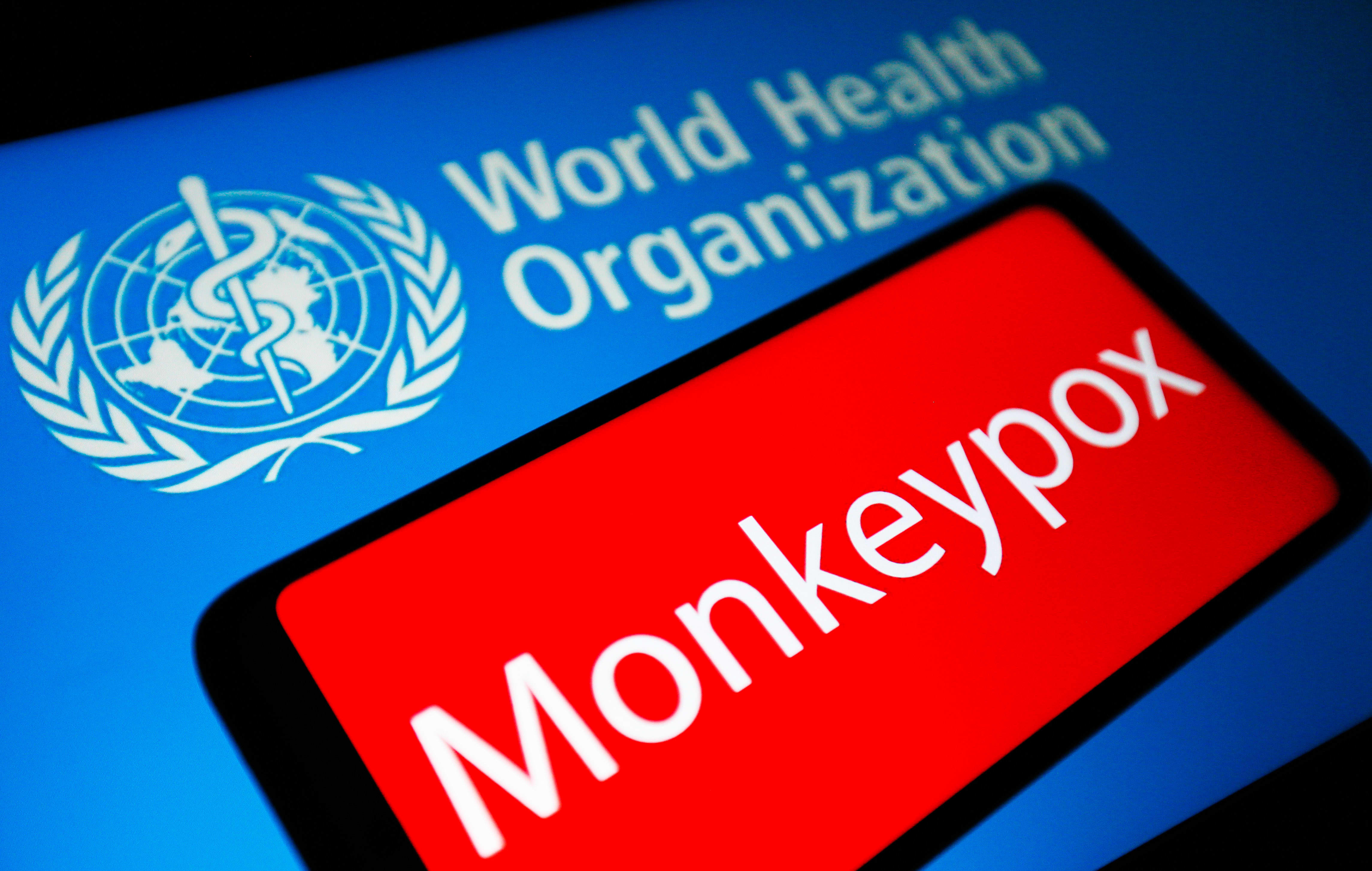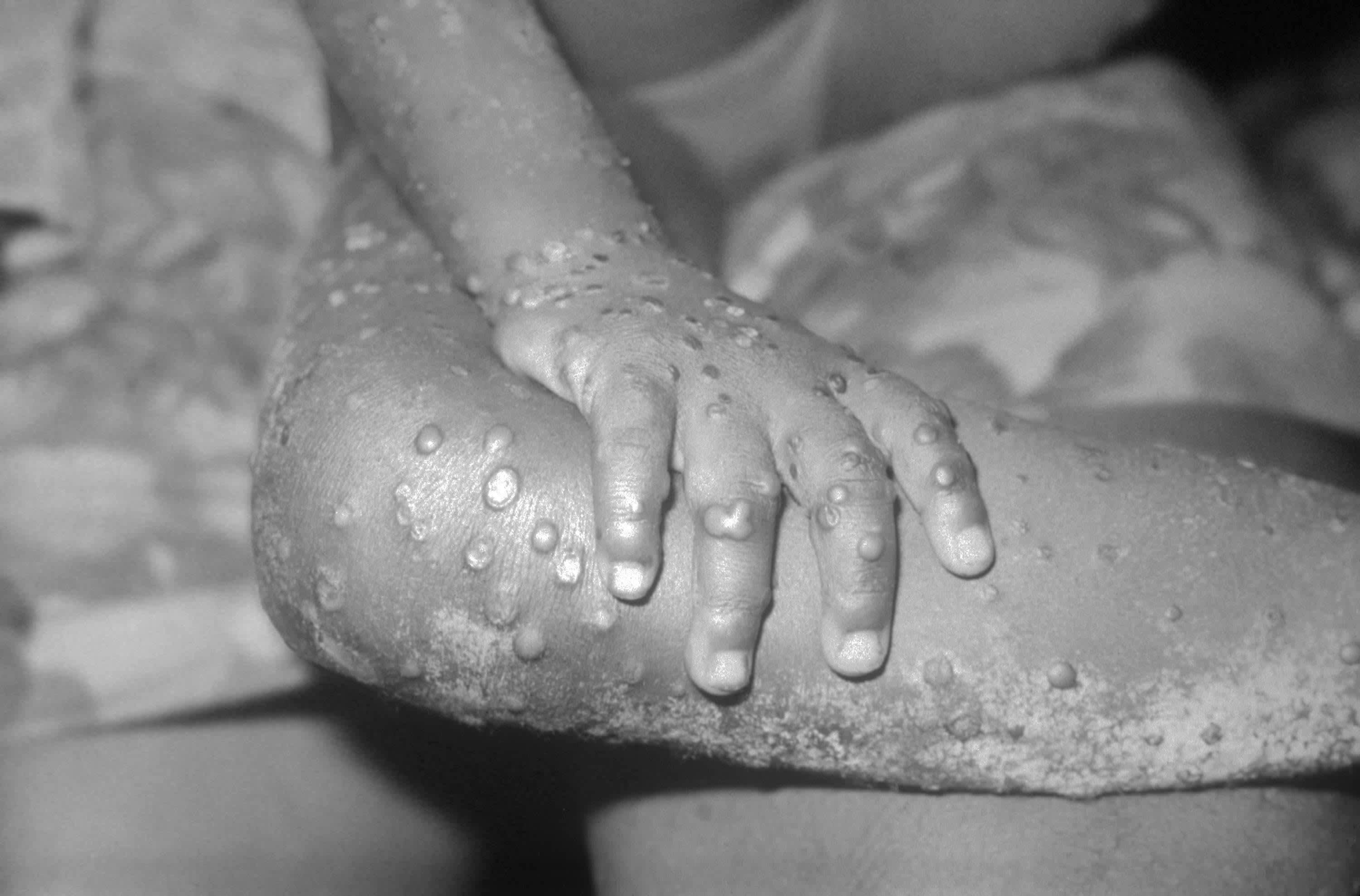A second presumptive case of monkeypox in Broward County was announced by the Florida Department of Health on Monday afternoon.
DOH-Broward has not released any details about the patient, who is currently in isolation while the case is being investigated.
Watch NBC6 free wherever you are
>After the first possible case of monkeypox in South Florida was announced by DOH-Broward on Sunday, many local residents were left with questions about what the disease is and how it spreads.
South Florida doctors are weighing in on the conversation around monkeypox. Here's what they believe everyone should know about the recent outbreak:
Get local news you need to know to start your day with NBC 6's News Headlines newsletter.
>What is monkeypox?
Monkeypox is a rare disease caused by the monkeypox virus, part of the same family as smallpox, though its symptoms are typically less severe. It presents itself as a flu-like illness accompanied by lymph-node swelling and rash on the face and body.
In a briefing held Monday at Broward Health Medical Center, Chief Medical Officer Dr. Joshua Lenchus advised that monkeypox is not as contagious or dangerous as COVID-19.
THE LATEST ON MONKEYPOX
How does monkeypox spread?
"It's not like one droplet and you're exposed and that's it," says Dr. Sarah Larosa, an Emergency Medicine Specialist at HCA Florida University Hospital.
DOH-Broward says the risk of exposure remains low because human-to-human transmission generally requires prolonged, face-to-face contact, direct contact with lesion materials, or indirect contact with lesion materials through contaminated items, such as contaminated clothing.
"What we know about monkeypox is that it is transmitted through close contact with someone who is infected," said Dr. Lenchus.
Monkeypox is not generally considered a sexually transmitted disease, though it can be passed on during sex.
"What’s going on now is surprising because we are seeing a spread from human to human and it has spread faster than I’ve ever seen," says Dr. Aileen Marty, an infectious disease expert from Florida International University.
How do I know if I've been infected?
According to Dr. Marty, an important takeaway from monkeypox is that it has a long incubation period. She says that it can take anywhere from 5 to 21 days for infected individuals to begin showing symptoms.
"It will make you sick," says Dr. Larosa. "It will give you a flu-like syndrome initially."
Once you become infected with the virus, Dr. Lenchus says a fever will typically ensue, followed by a rash.
Dr. Larosa says that monkeypox has a low mortality rate and that for most people, it will be similar to a viral illness like chickenpox.
According to the Centers for Disease Control and Prevention, the main difference between symptoms of smallpox and monkeypox is that monkeypox causes lymph nodes to swell, while smallpox does not.
DOH-Broward advises that health care providers should remain vigilant of monkeypox symptoms, especially among individuals with relevant travel history.
Can I get vaccinated against monkeypox?
While there is no monkeypox vaccine, DOH-Broward says there is likely cross-protection against monkeypox for individuals who received the smallpox vaccine.
UCLA epidemiologist Dr. Anne Rimoin tells LX News that while the smallpox vaccine cannot be used as a treatment for monkeypox, it works "extremely well in terms of preventing transmission" of monkeypox.
However, the smallpox vaccine has not been used as a standard vaccine since its eradication several decades ago.
"One of the big challenges is that we in the United States stopped vaccinating for smallpox in 1972," said Dr. Marty.
Is monkeypox spreading in South Florida?
Over the last week, clusters of monkeypox cases have been reported globally, and on Friday, the CDC issued a health advisory regarding recent cases in the United States.
The first presumptive case of monkeypox in South Florida was announced on Sunday, and the second was announced Monday afternoon.
Both cases are currently being investigated in Broward County by DOH-Broward and the CDC.
Officials confirmed that the first reported case is related to international travel. It is currently unknown whether travel was a factor in the second case.
The patients have both been isolated as DOH-Broward conducts epidemiological investigations to notify possible exposures and offers potential post-exposure prophylaxis, officials said.
At this time, DOH-Broward has not yet identified any additional cases in the county.



